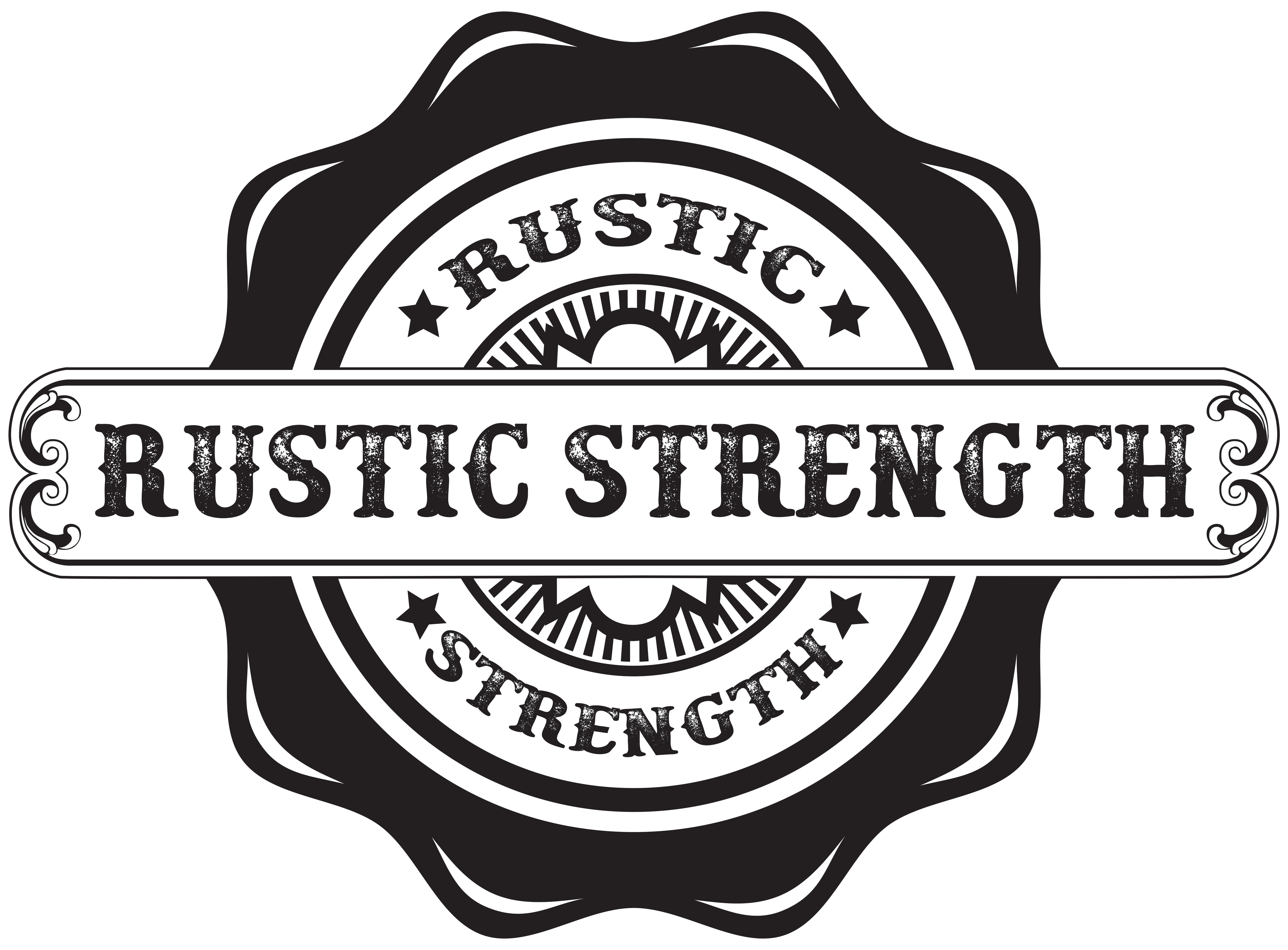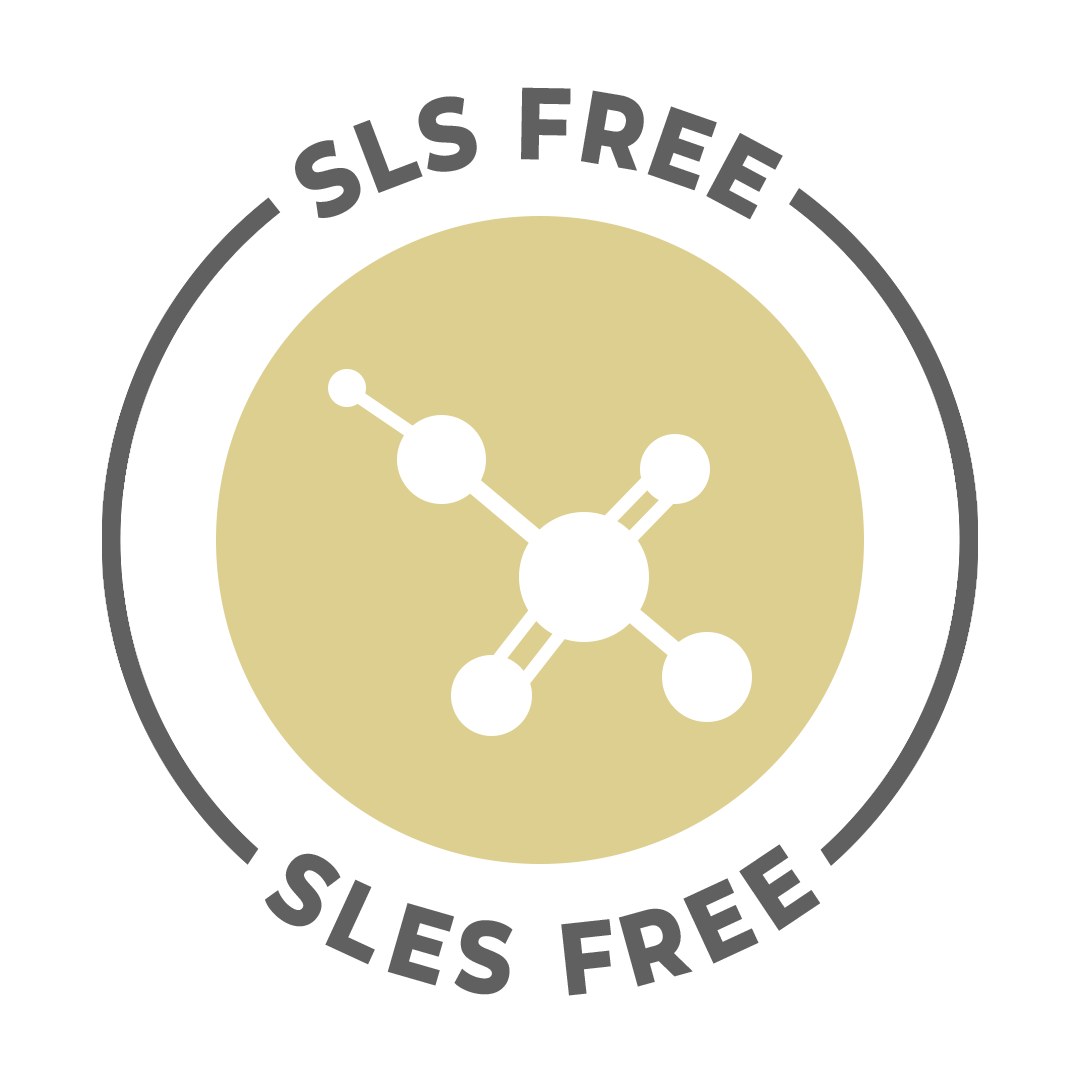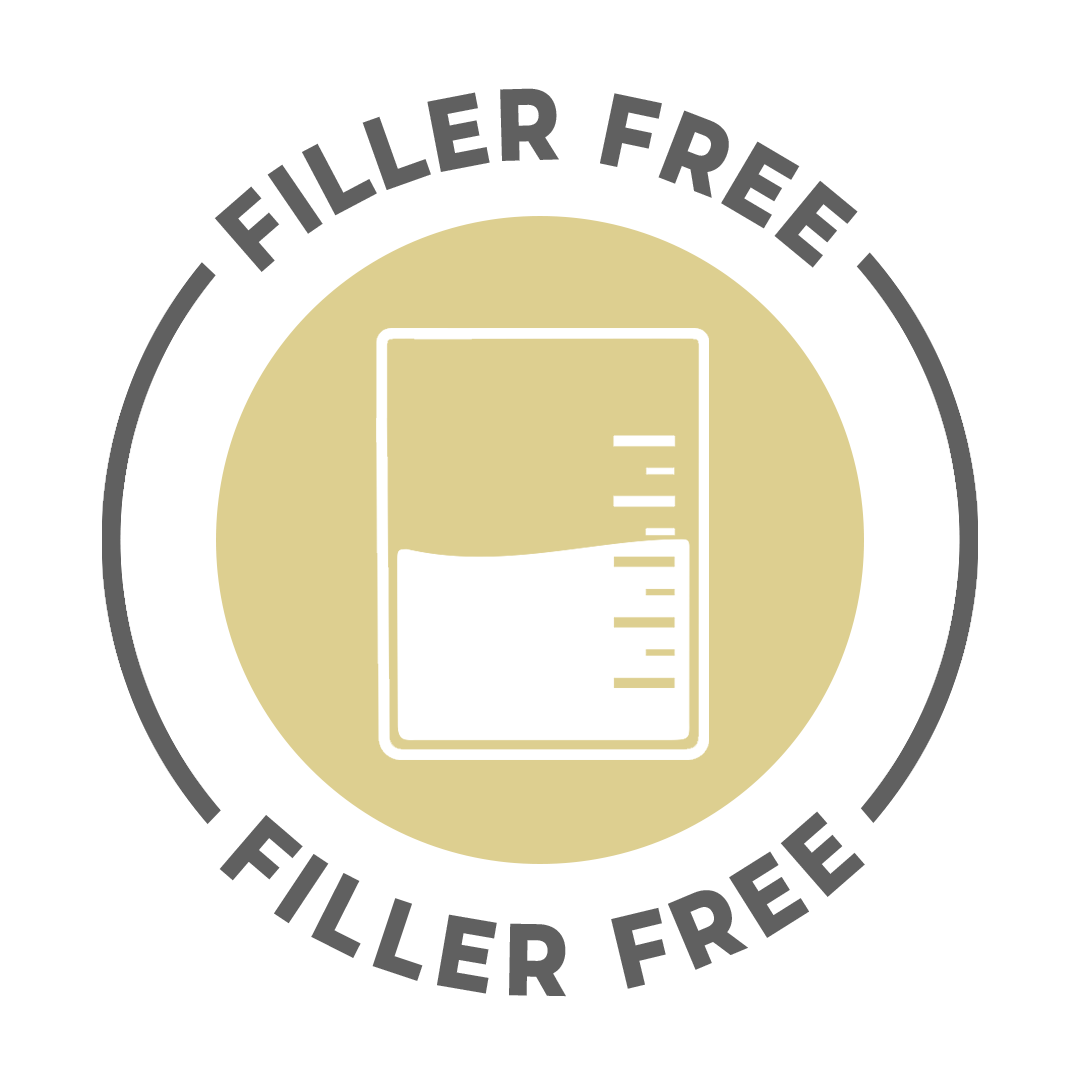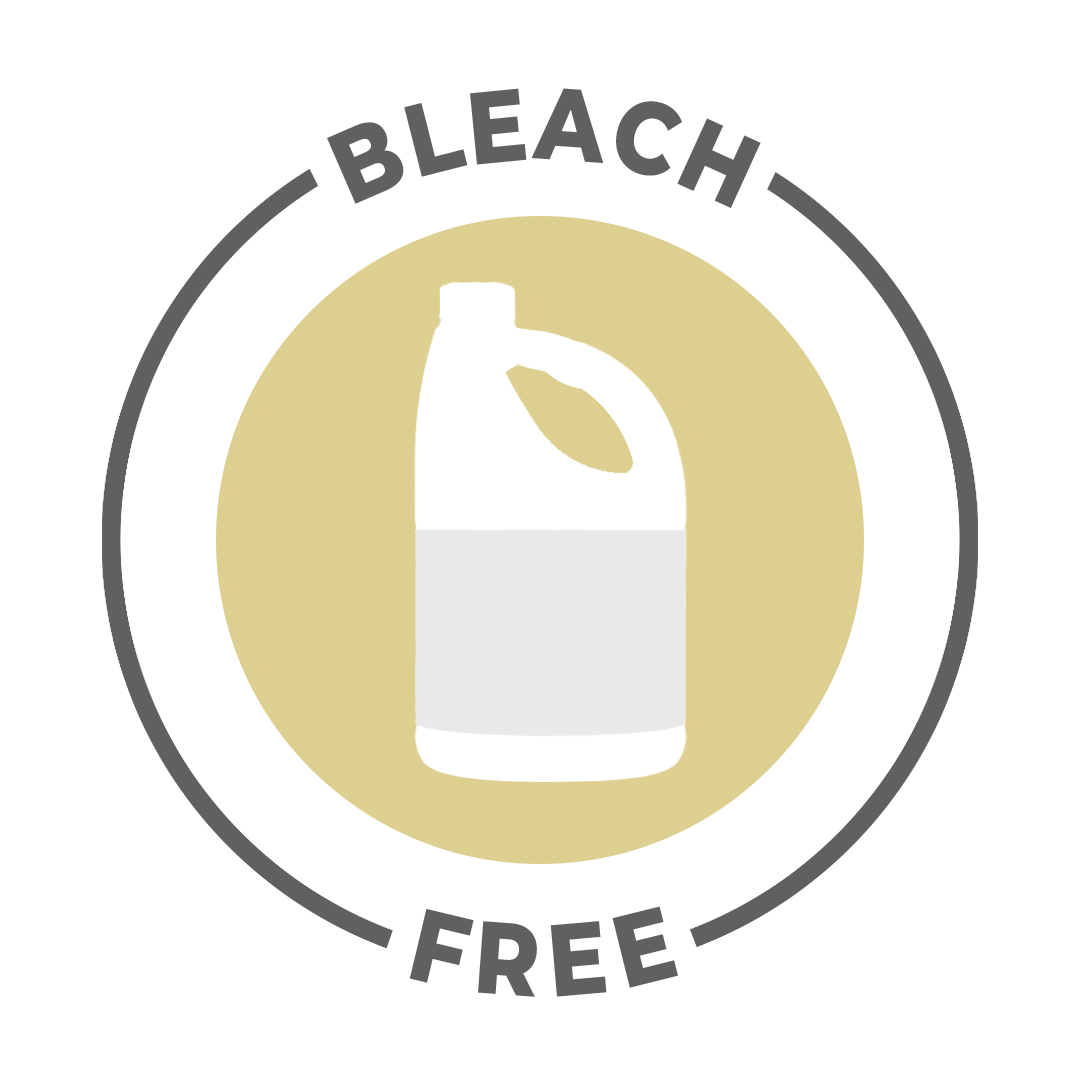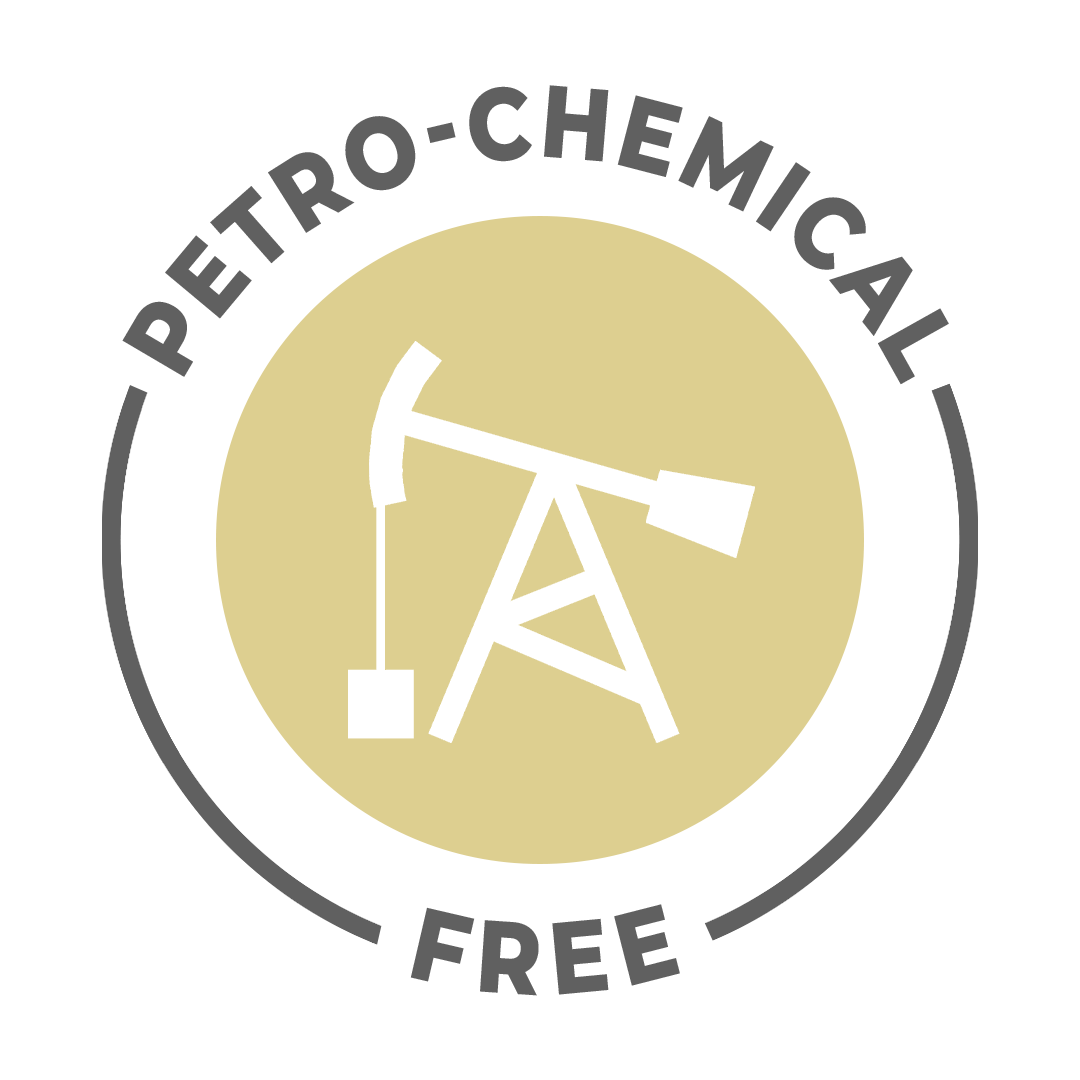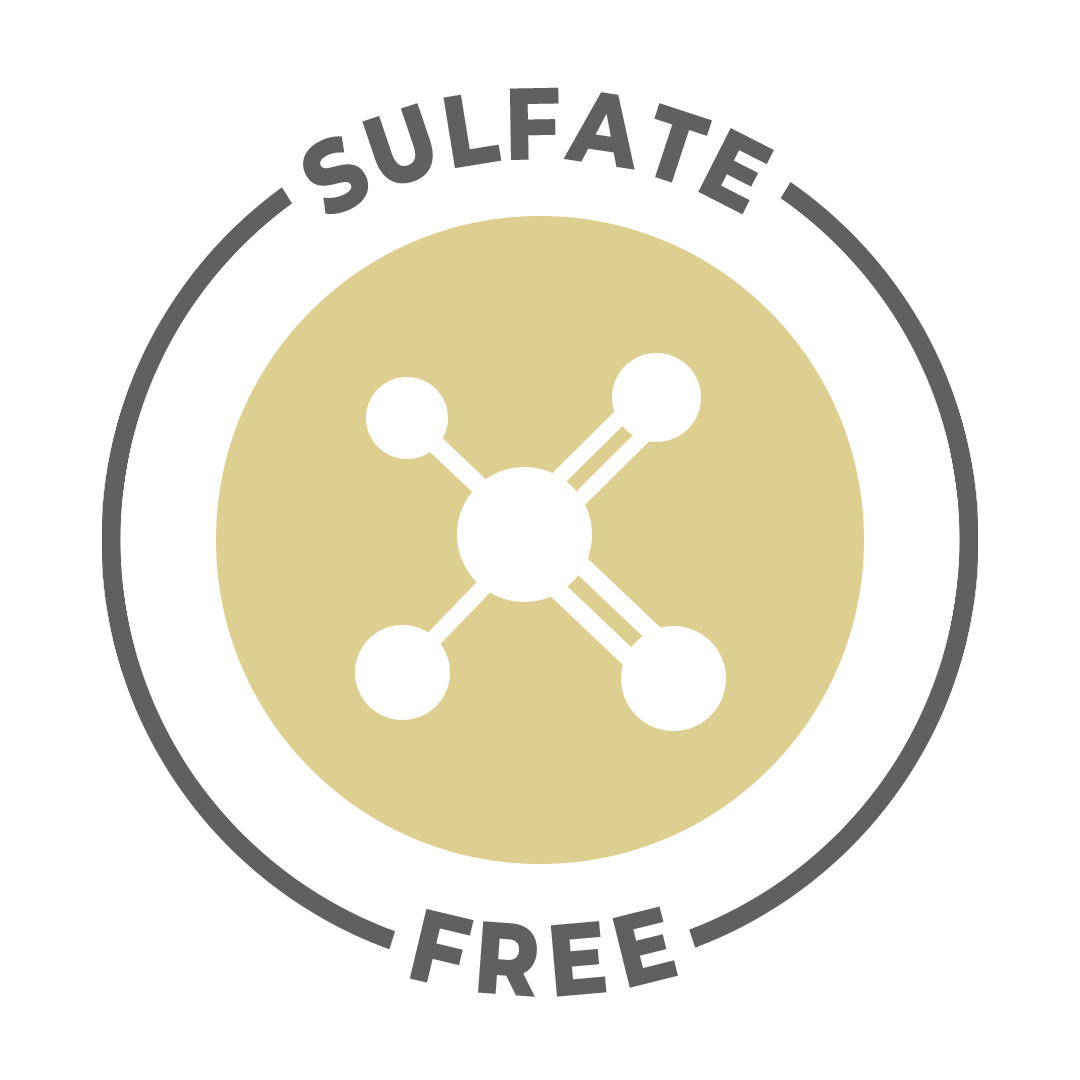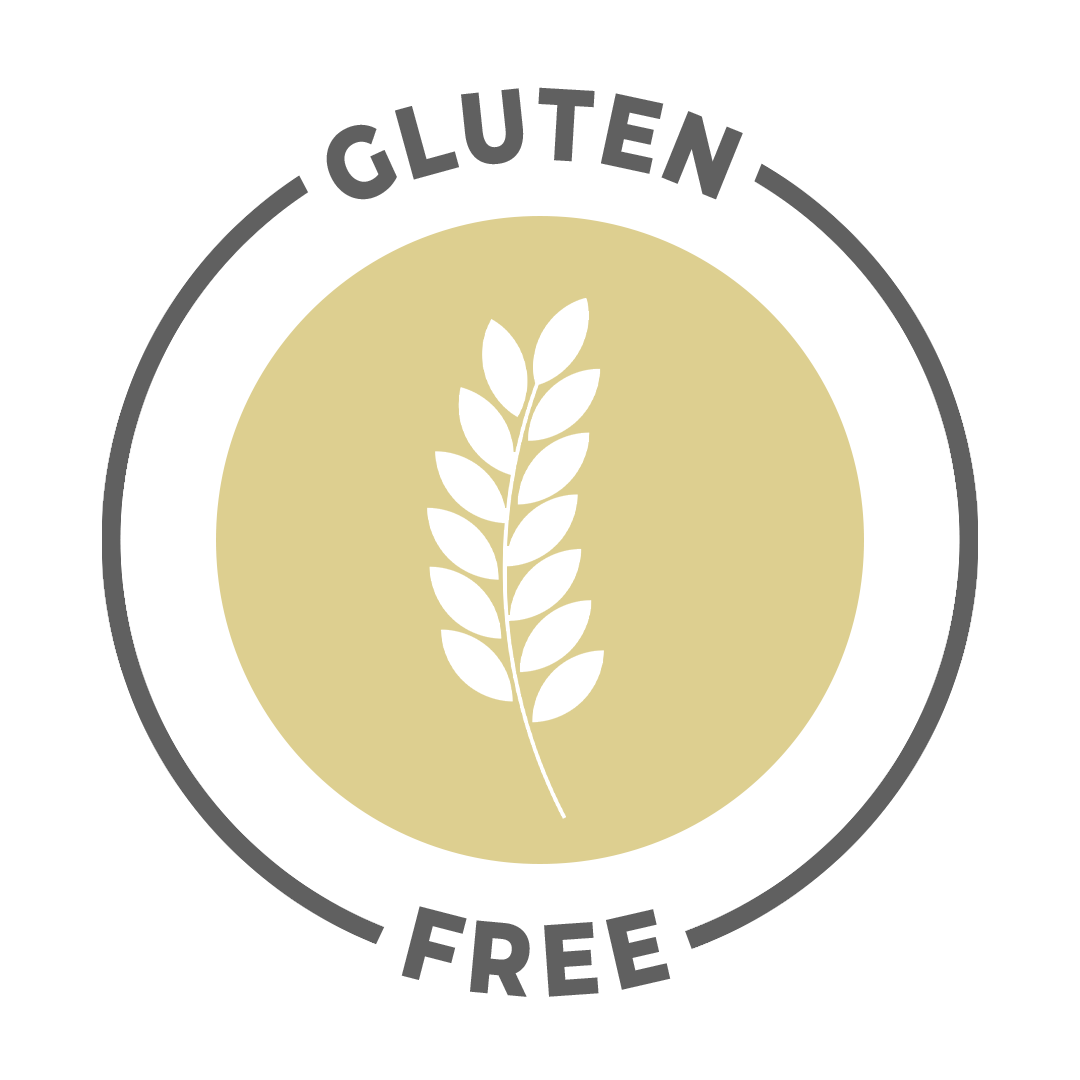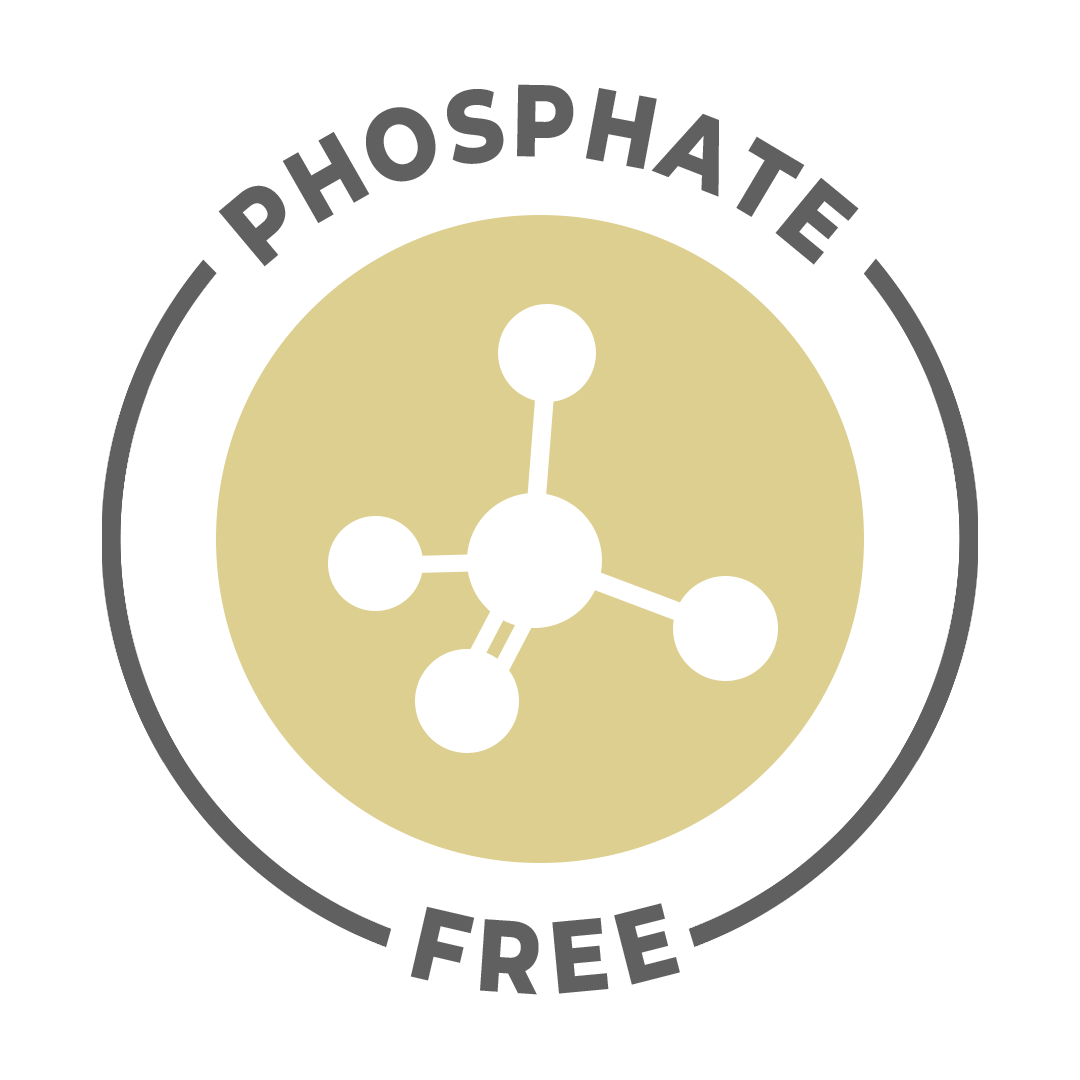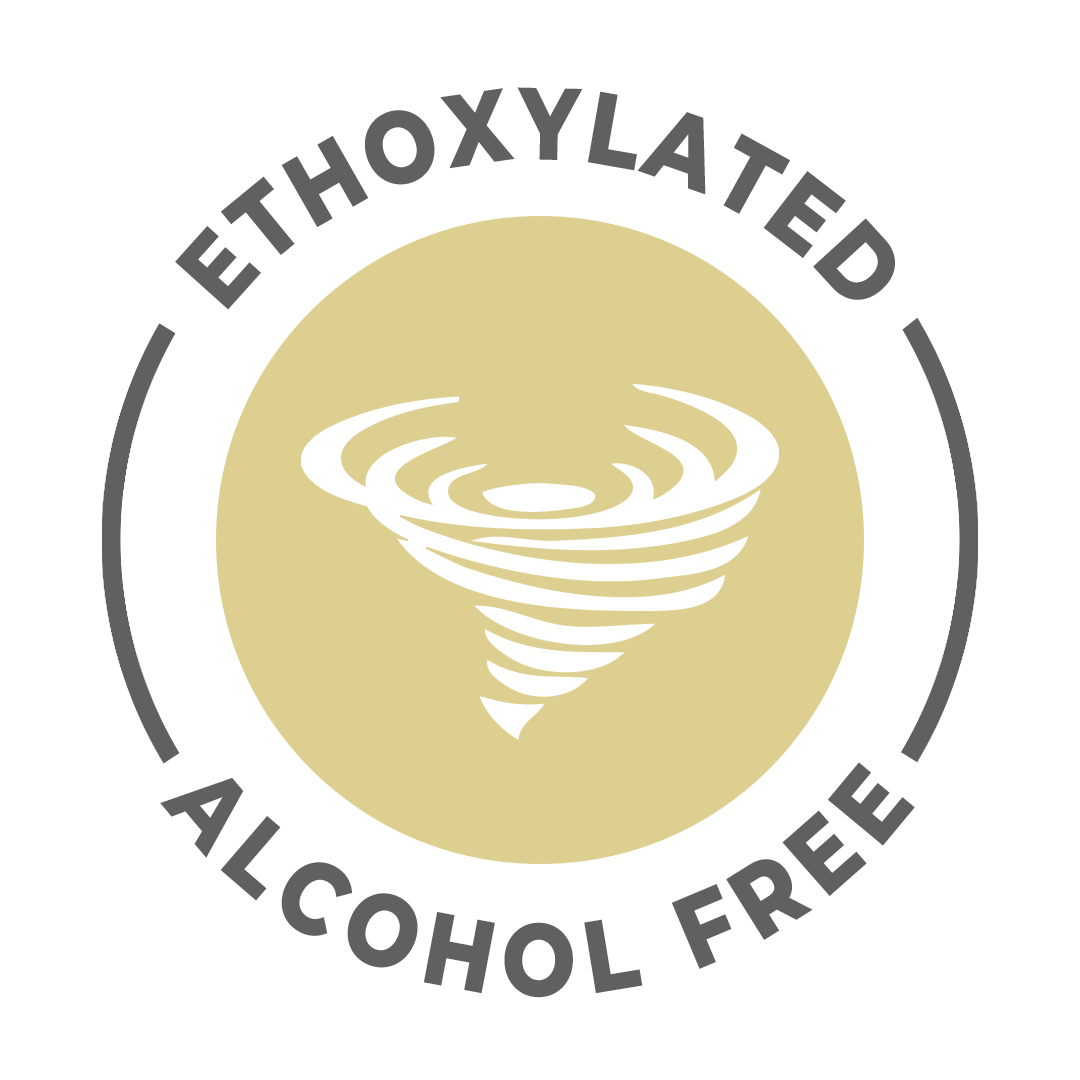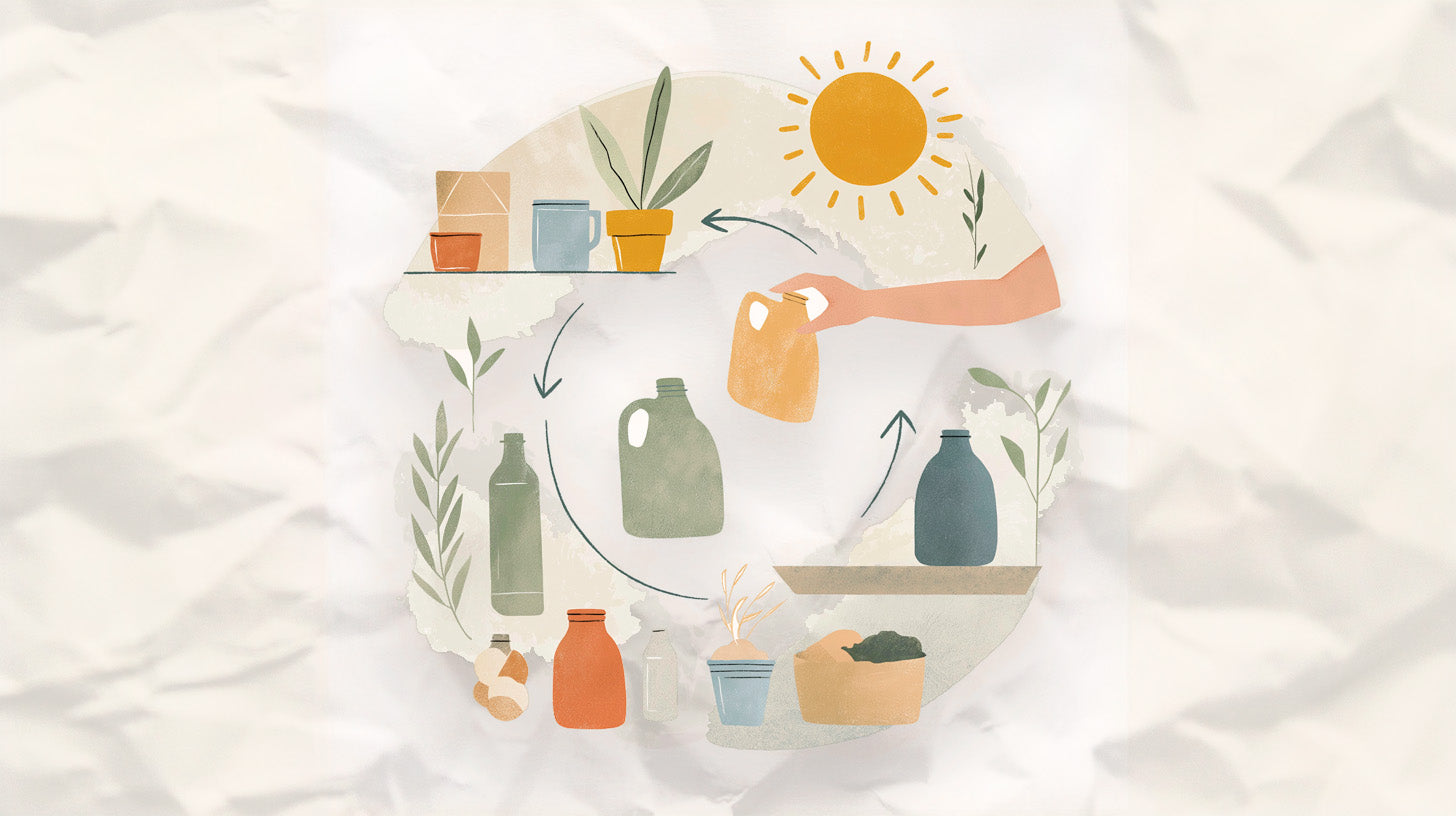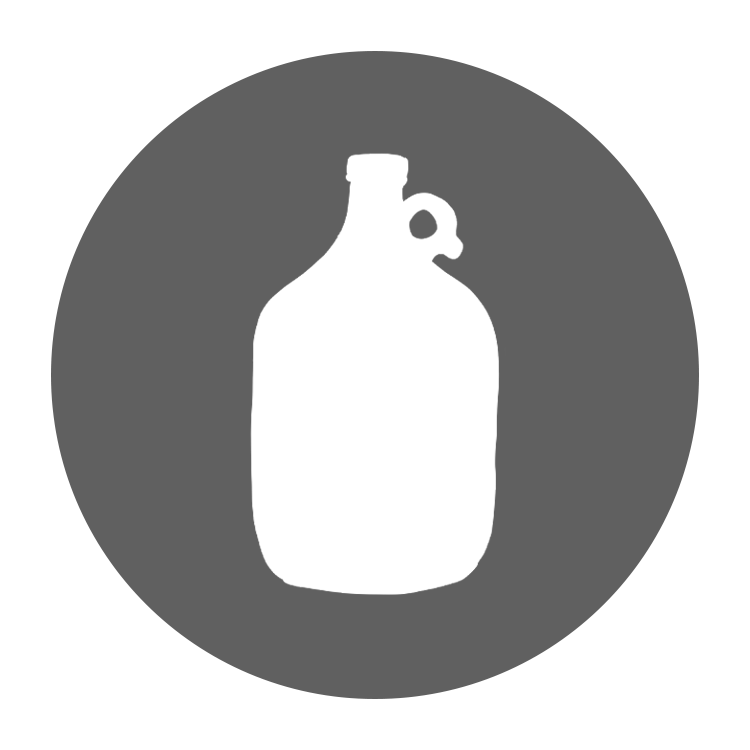What are SLS and SLES?
SLS (Sodium Lauryl Sulfate) and SLES (Sodium Laureth Sulfate) are synthetic surfactants commonly used in personal care and cleaning products. They are effective at creating foam, breaking down oils, and cleansing surfaces. However, these sulfates can be irritating for individuals with sensitive skin, allergies, or certain skin conditions, making them less suitable for those who require gentler alternatives.
What are the health concerns?
SLS (Sodium Lauryl Sulfate): can be harsh on the skin and the eyes, causing dryness, irritation, or redness, particularly for those with sensitive skin. As a strong detergent, SLS also strips away natural oils, potentially disrupting the skin’s moisture barrier and leaving it more vulnerable to dryness and damage.
SLES (Sodium Laureth Sulfate): while milder, may be contaminated with 1,4-dioxanne, a possible human carcinogen and a harmful environmental pollutant.
Both SLS and SLES are derived from palm oil or petroleum. This extraction and processing of these resources contribute to deforestation, habitat destruction and increased carbon emissions.
These issues not only impact biodiversity but also contribute to climate change, making their sustainability a growing concern.
How do I tell if my products contain SLS or SLES?
Check the Label: Look for "Sodium Lauryl Sulfate (SLS)" or "Sodium Laureth Sulfate (SLES)" on the ingredient list.
Alternative Names: Some products may list SLS as "Sodium Dodecyl Sulfate" or other scientific synonyms.
"Sulfate-Free" Claims: Products labeled "sulfate-free" typically do not contain SLS or SLES, though it’s good to verify by reading the label.
Do any of Rustic Strength’s products contain SLS or SLES?
Our products are sulfate-free, avoiding SLS and SLES.
In summary
SLS (Sodium Lauryl Sulfate) and SLES (Sodium Laureth Sulfate) are synthetic surfactants frequently used in personal care and cleaning products. They are highly effective at creating foam, breaking down oils, and cleansing surfaces. However, the environmental and health risks associated with these sulfates are precisely why you’ll never find them in Rustic Strength products.

We invite you to do your own research!
Scientific journals and articles are the foundation of evidence-based decisions at Rustic Strength. Blogs can provide helpful information. However, if it cannot cite scientific articles, its claims stand on little.

